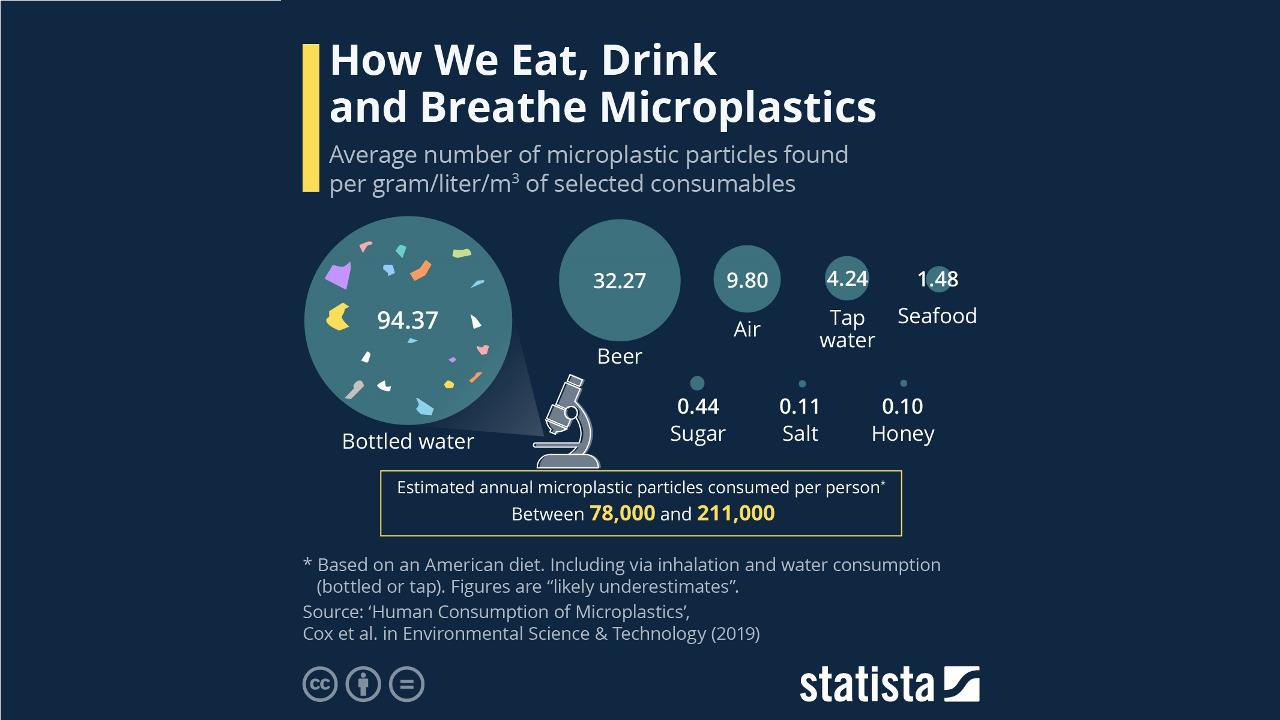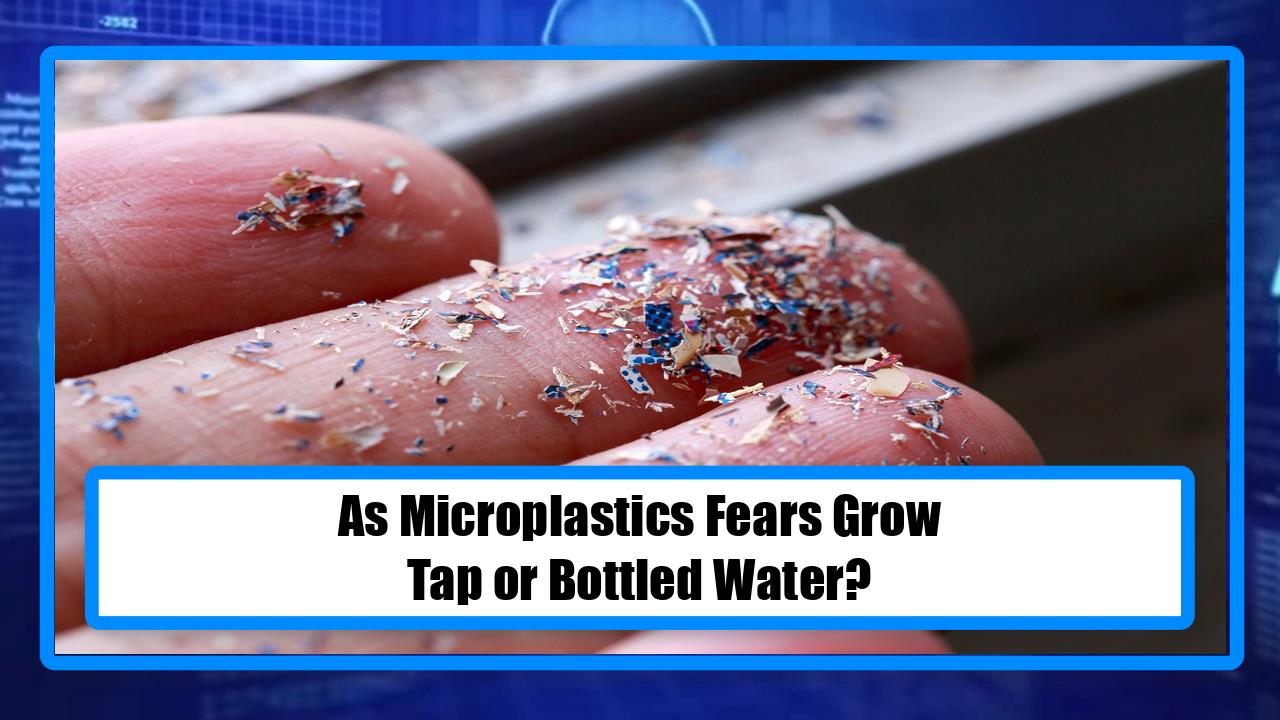Video:
Take our online poll:
AI Analysis:
In general, tap water is often considered safe to drink in many developed countries, and it is subject to stringent regulatory standards. However, the safety of tap water can vary depending on the specific location and the quality of the local water supply infrastructure. In some cases, tap water may be treated with disinfectants and monitored regularly for contaminants to ensure its safety.
Bottled water, on the other hand, is subject to regulatory standards as well, but the safety can depend on the source and the manufacturing processes of the bottled water. Some bottled water is sourced from natural springs or underground aquifers, while others may be treated tap water. The safety of bottled water is regulated by government authorities, but the level of scrutiny and regulation can vary between countries.
Here are some considerations for both tap water and bottled water:
Tap Water:
Regulation: Tap water is often regulated by government authorities, and water treatment facilities are required to meet certain standards to ensure its safety.
Cost: Tap water is generally more cost-effective than bottled water. It is often available at a fraction of the cost of bottled water, making it an economical choice.
Environmental Impact: Drinking tap water typically has a lower environmental impact than bottled water. The production, transportation, and disposal of plastic bottles contribute to environmental concerns.
Quality: In many developed countries, tap water undergoes rigorous testing and treatment to meet safety standards. However, local conditions and infrastructure can impact water quality.
Bottled Water:
Convenience: Bottled water is convenient for on-the-go hydration, and it is readily available for purchase in various sizes and types.
Taste Preferences: Some people prefer the taste of certain brands of bottled water over tap water. However, taste can be subjective.
Source Variability: The source of bottled water can vary, ranging from natural springs to purified tap water. Understanding the source and treatment process is important.
Quality Control: Bottled water is subject to regulatory standards, but the level of quality control may vary. Some premium bottled water brands may have additional quality assurances.
Ultimately, the safety of both tap water and bottled water depends on local conditions, regulatory standards, and individual preferences. It's advisable to stay informed about the quality of tap water in your area, and if you have concerns, you can use water filters or choose bottled water from reputable sources. Additionally, using reusable water bottles can help reduce environmental impact.
Chart:

References:


Comments